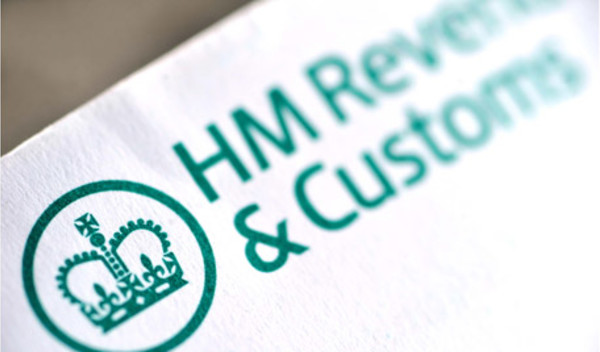

The new Common Reporting Standard (CRS) tax regime has allowed HM Revenue & Customs to collect millions in extra tax this year.
Under the CRS rules more than 100 countries' tax authorities now share tax information with each other, which has enabled HMRC to collect £122m in tax on overseas assets in the 2018/19 tax year, the tax office has confirmed.
Financial institutions that are obliged to report information under the rules include banks, custodians, certain investment entities and insurance companies, trusts and foundations.
CRS data is expected to significantly enhance HMRC’s ability to detect offshore non-compliance.
Jason Porter, director of specialist adviser Blevins Franks, said: "With such heightened worldwide scrutiny, it is more important than ever to make sure clients are paying the right taxes, in the right place, at the right time.
"If clients get it wrong – even unintentionally – the penalties can be severe."
In 2018, the CRS reported 5.67m accounts to HMRC, relating to around 3m UK taxpayers with offshore financial interests.
In total HMRC's Offshore, Corporate and Wealthy unit identified £560m of additional tax to be paid.
The taxman also introduced a requirement to correct (RTC) rule in 2018, which allowed taxpayers to declare and pay tax on their offshore assets before the data was received from overseas tax authorities.
This led to 17,000 people declaring their offshore tax, according to HMRC.
Under the rules, actions like renting out a property abroad, transferring income and assets from one country to another, or even renting out a UK property when living abroad could mean taxpayers face a tax bill in the UK.
Other examples of offshore assets include art, bank and other savings accounts, boats, life assurance policies and pensions.
Those who made a declaration before the September 30, 2018 deadline were treated favourably compared with those who kept the wealth undeclared.
And new failure to correct penalties are likely to be much higher than existing penalties, with a minimum penalty of 100 per cent of the tax involved.
Mr Porter said: "Requirement to Correct rules put the onus on UK taxpayers to regularise their offshore affairs.
"Around 18,000 individuals disclosed undeclared offshore tax liabilities before the RTC’s 30 September deadline, just before HMRC received a wave of information from the CRS.
"Now, anyone found to still have undeclared offshore income and gains can face tougher penalties of up to 200 per cent of the original tax owed.
"Although the deadline has passed, HMRC has made it clear that those who voluntarily declare and correct their offshore tax arrangements will be in a much better position than anyone who waits until investigators identify their non-compliance."
david.thorpe@ft.com




